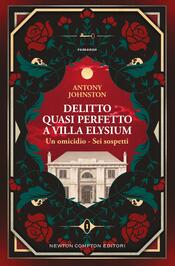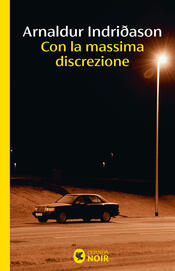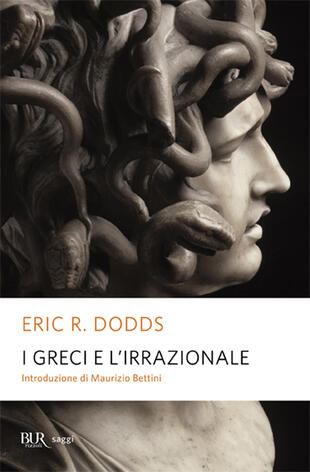

Sinossi
In questo volume spartiacque per gli studi sulla classicità, composto nel 1949, Eric R. Dodds invita a ripercorrere l'evoluzione del pensiero ellenico in una chiave diversa da quella consolidata: un percorso in cui irrazionalità e ragione, lungi dal cedere l'una all'altra, non smettono di intersecarsi e coesistere. Dai tempi di Omero fino al II secolo a.C., Dodds mette in luce le credenze sul soprannaturale, l'importanza attribuita al sogno e all'influenza degli astri, i fenomeni psichici vicini alla trance e all'allucinazione, come l'ossessione dionisiaca e il furore profetico, la divinazione, l'orfismo e le pratiche magiche, delineando così aspetti e manifestazioni dell'irrazionalismo greco.
- ISBN:
- Casa Editrice:
- Pagine: 407
- Data di uscita: 18-03-2009
Recensioni
Despite its age, this work by Dodds is still considered a seminal text for students of Greek history and classics. The usual survey-level understanding of the Greeks is that they were a culture which always put rationality on a pedestal at the expense of all else and ultimately ignored the irrationa Leggi tutto
Dodds was a classicist and member of the Society for Psychical Research who apparently got fed up enough with the hackneyed portrayal of the classical Greeks as rationalists to pen this popular study of the irrational elements of their culture and beliefs. It's an easy read and somewhat of an antido Leggi tutto
I suggest everyone should read chapter 2 on shame- versus guilt-culture, as well as the excellent concluding chapter "Fear of Freedom." In the last chapter, Dodds asks how it's possible for a civilization to walk right up to the edge of reason and then, at the last minute, retreat into magic and supe Leggi tutto
An expert analysis on some Freudian categories from ancient greek texts, creating a historical and interpretative scheme of the way the greeks saw and dealt with the irrational - from the mythological interpretation, down to a rationalistic and finally quasi-magical one. The author doesn't rely pure Leggi tutto
A fascinating read, but definitely requires knowledge of greek society and religion. Would not recommend for a casual reader, could get boring. Although in certain parts a bit outdated, it still has huge scholarly value and I could take so much out of this book (almost a third of the book is notes wi Leggi tutto
Evropljani vole u antičkoj Grčkoj da vide detinjstvo svoje kulture. Ovo detinjstvo, kao i svako drugo, idealizovano je. Staru Grčku volimo da zamišljamo kao mesto istinske demokratije, velikih mislilaca, umetnika i, ponajpre, kao kolevku evropske racionalnosti. Idealizovane predstave dugujemo uglavn Leggi tutto
Un interesante ensayo sobre la evolución del pensamiento "irracional", entendido como mágico-místico-religioso, en la Grecia clásica a través de los textos que han perdurado, desde Homero hasta Platón, al tiempo que muestra la forma que esos modos influyen y conforman nuestra forma de pensar contemp Leggi tutto
I read this book four times in a row. The premise is that the advent of Socratic rationalism did not lead to an enlightened society (at least outside of an intellectual elite) in ancient Greece, but somewhat disastrously led to a popular/mainstream backlash that ushered in a new society that became
Citazioni
Al momento non ci sono citazioni, inserisci tu la prima!


